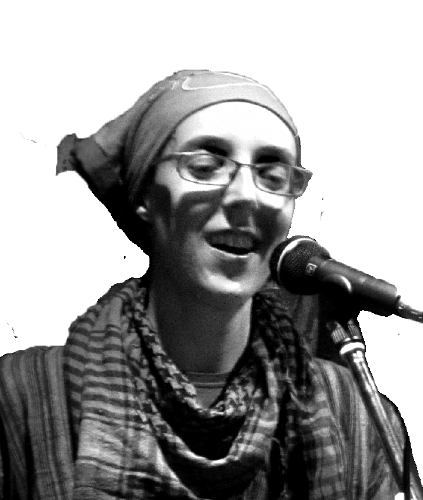On 24 October 1975, 90 percent of Iceland’s female population participated in a full day strike. Paid and unpaid work was not done.
At the time, women who worked outside of the home earned less than 60 percent of what men earned.
Many industries shut down for the day as a result. There was no telephone service and newspapers were not printed since the typesetters were all women. Theatres shut down for the day as actresses refused to work.
The majority of teachers were women so schools either closed or operated at limited capacity. Flights got cancelled as flight attendants did not come into work and bank executives had to work as tellers to keep the banks open. Fish factories were closed since the factory workers were primarily women.
During this one day, men had to pick up the extra work of childcare, cooking, cleaning and the myriad of unpaid women’s work. On radio broadcasts, the sound of children and babies could be heard in the background. The women called the day Kvennafrídagurinn, ‘The Women’s Day Off’. The men called it ‘the long Friday’.
Two songs were sung at the rally in Reykjavik on that day, a rally attended by nine percent of the whole population of Iceland. Áfram Stelpur is a song translated into Icelandic from its original Swedish. Written by Gunnar Edander and Kristján Jóhann Jónsson, it challenges women with the question: ‘En þori ég, vil ég, get ég? Já ég þori, get og vil!’ ‘But I dare, I want, can I? Yes, I dare, go and want!’. It reminds us that ‘In our sight now is freedom, and we could be free even sooner. Now gather team women, and raise your liberty banners. Time has run out!’
The other anthemic song sung by the women gathered together on that historic day was a setting of the words of Icelandic poet Jóhannes úr Kötlum by Valgeir Guðjónsson. Dómar Heimsins, ‘The Judgement of the World’, speaks to the next generation, urging ‘my daughter [to] listen to your inner voice… deal with the truth yourself… make your own path, the usual ways are slippery…’.
At midnight on 24 October 1975, the women ended the strike, at which time the typesetters went back to work to put out the newspaper. They only printed articles about the strike.
The next year, Iceland’s parliament passed a law guaranteeing equal rights for women and men, though it took time for this to make real change on the ground. The strike also paved the way for the election, five years later, of Vigdís Finnbogadóttir, the first democratically-elected female president in the world. Although Iceland is now a world leader in gender equality, there is still a long way to go.
On 24 October 2018, women in Iceland walked out on strike at 2.55pm, the time at which they estimate their working day should end, if they were on the same rate of pay as men. In the later 1970s, the women stopped working at 2.05pm, so slow progress is being made.
And women in Iceland are still singing these songs. In 2018, Kvennakórinn Katla, an Icelandic women’s choir, put out a video of themselves singing Áfram Stelpur, speaking to future generations while remembering the shoulders upon which they stand today.
On 24 October 2018, thousands of women in Glasgow were on strike, marching and singing for equal pay for council-employed carers, cleaners, caterers and support workers, in a dispute going back 12 years, despite equal pay being guaranteed in law since 1970.
The spirit of Dundee mill worker, trade unionist and poet Mary Brooksbank was present on this march with renditions of her strike song, ‘we are out for higher wages, as we have the right to do, and we’ll never be content ‘til we get our ten percent, for we have the right to live as well as you.’
On 24 October, in Edinburgh, we sang in support of the Glasgow women, and we sang in support of the Icelandic women. Through learning and singing these songs, we were able to give international and local solidarity to women marching on the front lines of gender equality.
‘En þori ég, vil ég, get ég? Já ég þori, get og vil!’
‘But I dare, I want, can I? Yes, I dare, go and want!’


